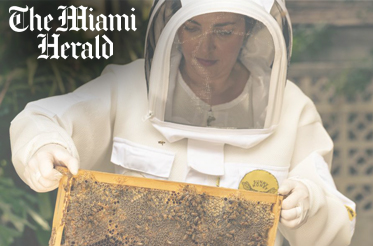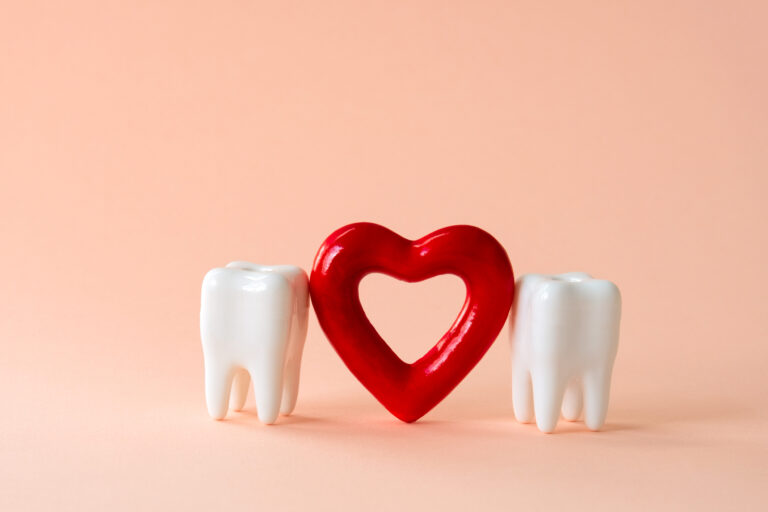FREE SHIPPING WHEN YOU ORDER $35 OR MORE
She Grew Up In A Family of Romanian Beekeepers

Growing up in Communist Romania, Mihaela Gutman and her family lacked many basics. Honey, however, was abundant. “Honey was our dessert, our medicine, our everything,” said Gutman, who now lives in South Beach. “We didn’t have sugar; we didn’t have…
